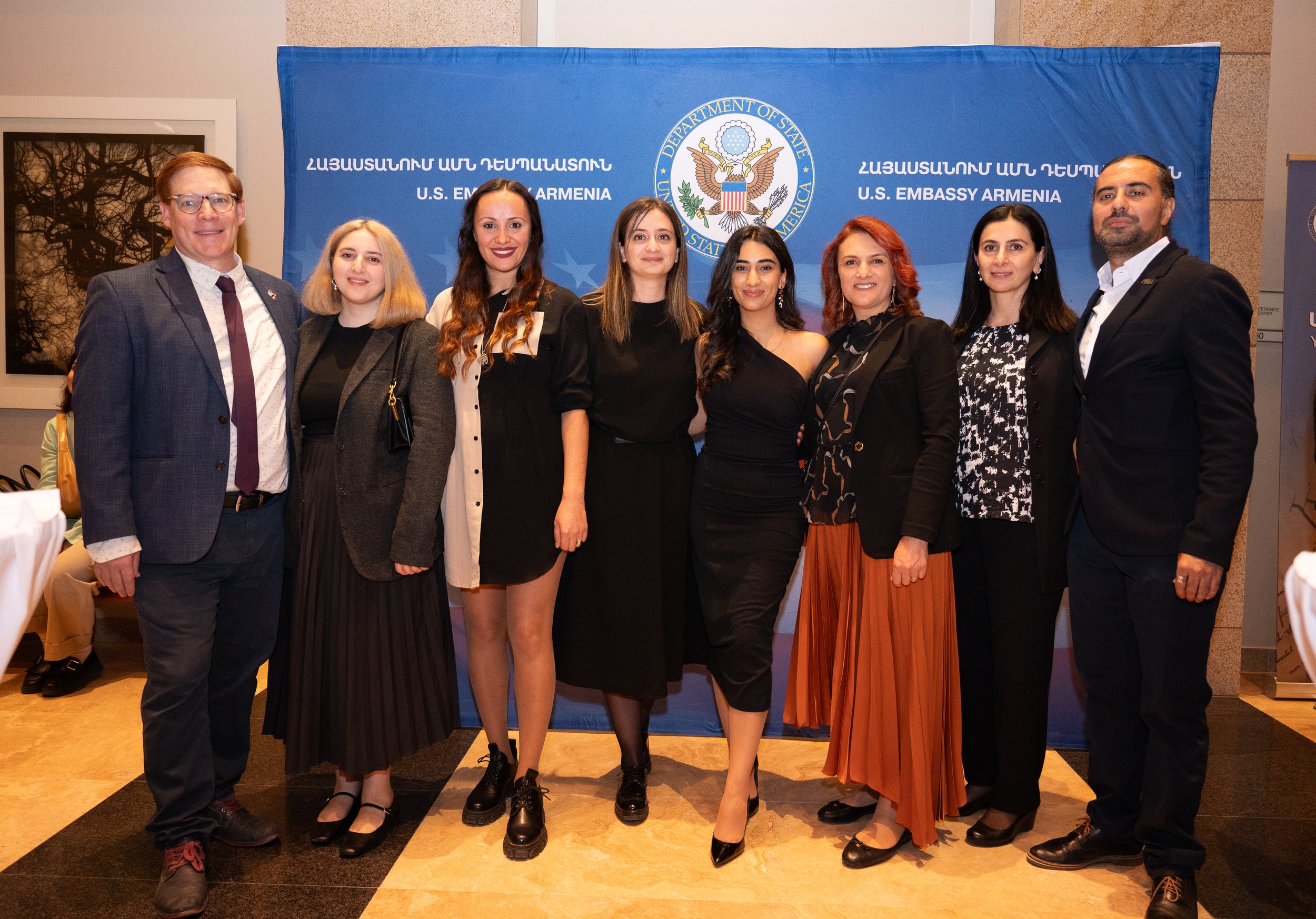
Advisory Committee 2025 Cohort!
The Advisory Committee for USG Alumni Support and Engagement is a specialized group established to provide strategic guidance, advice, and support to strengthen the U.S. Government Sponsored Exchange Program Alumni community. These committees consist of alumni who contribute their expertise to enhance alumni activities, foster connections, and promote engagement. Their role is to assist in shaping and implementing programs that meet the evolving needs of USG alumni, ensuring that alumni have the resources and opportunities to grow personally and professionally.
As part of the USG Alumni Support and Engagement Program, American Councils has established three key Advisory Committees.
-
This committee focuses on organizing and implementing events that promote professional growth and networking opportunities for alumni. By providing platforms for alumni to connect and share knowledge, this committee aims to support career development and skill enhancement.
-
The Awards Committee guides the nomination and selection processes for the various award categories presented during the USG Alumni Award Ceremony. It ensures that the most deserving alumni are recognized for their contributions and achievements, promoting transparency and fairness.
-
The Grants Committee advices on the allocation of grants to USG alumni, supporting their professional and community-focused projects. This committee helps alumni pursue initiatives that create positive impacts in their fields and local communities.
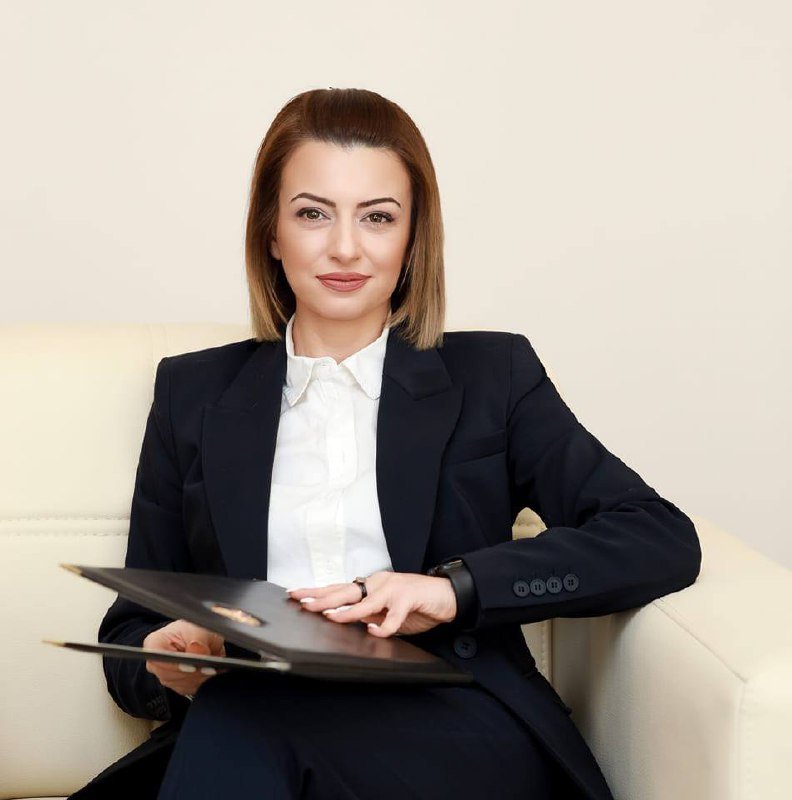

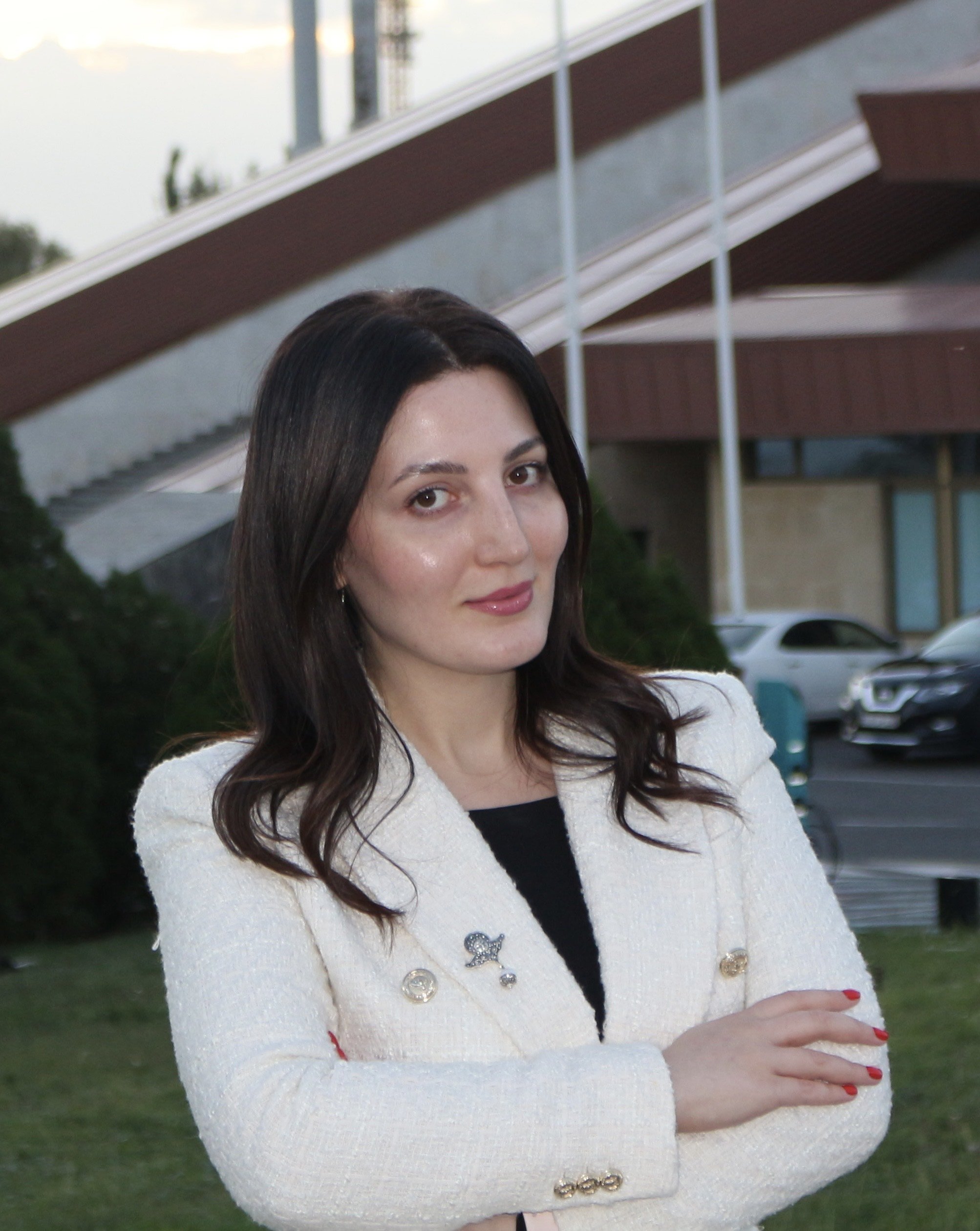


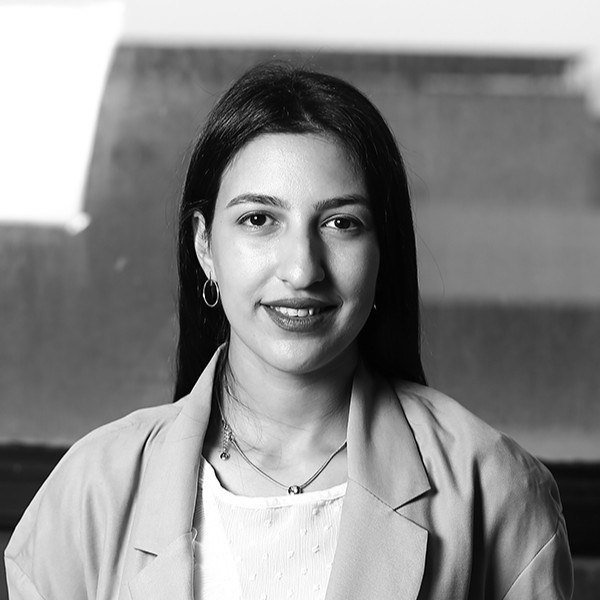
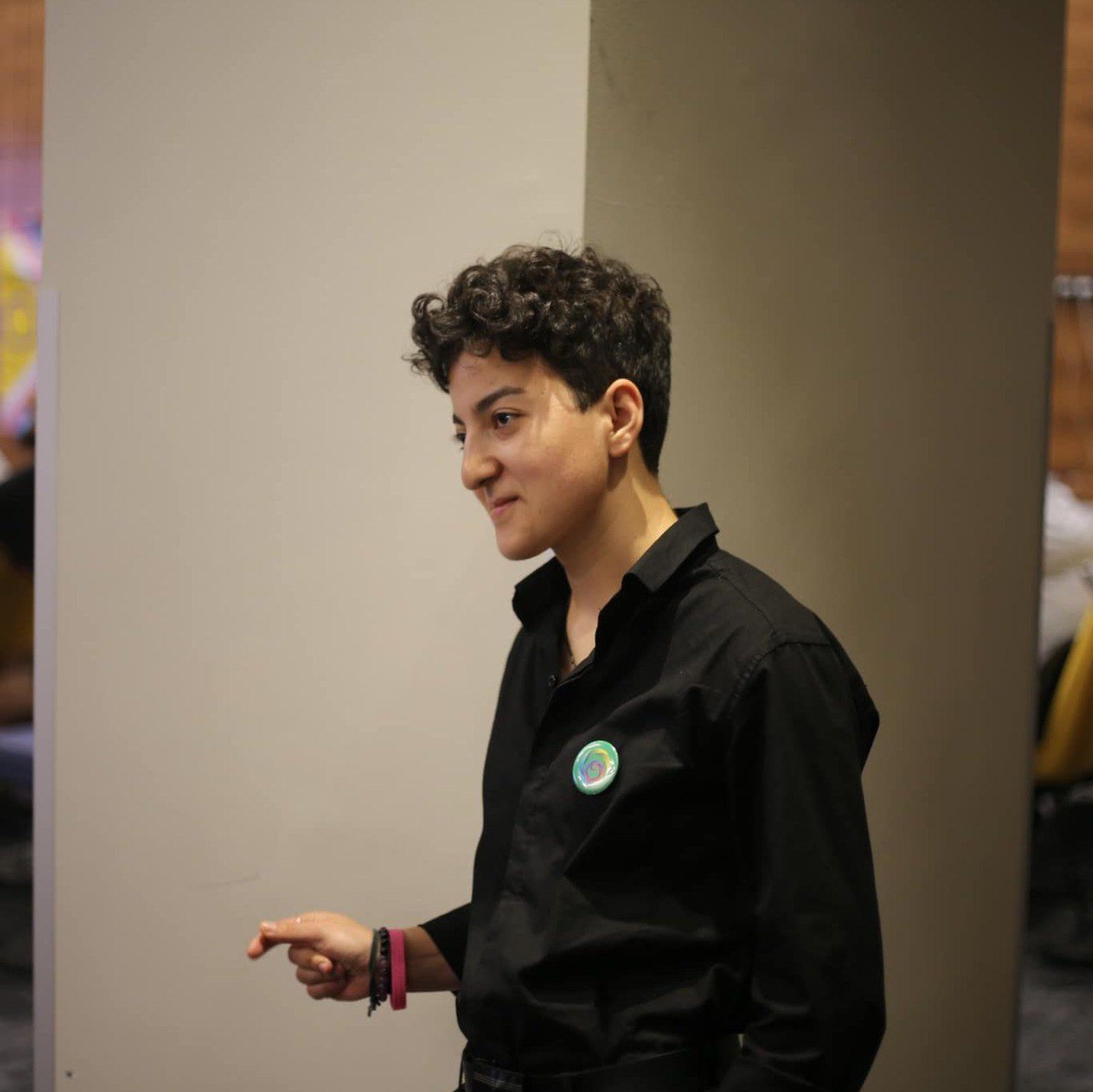
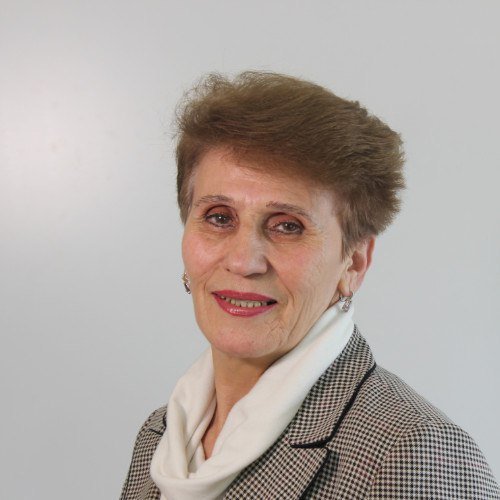
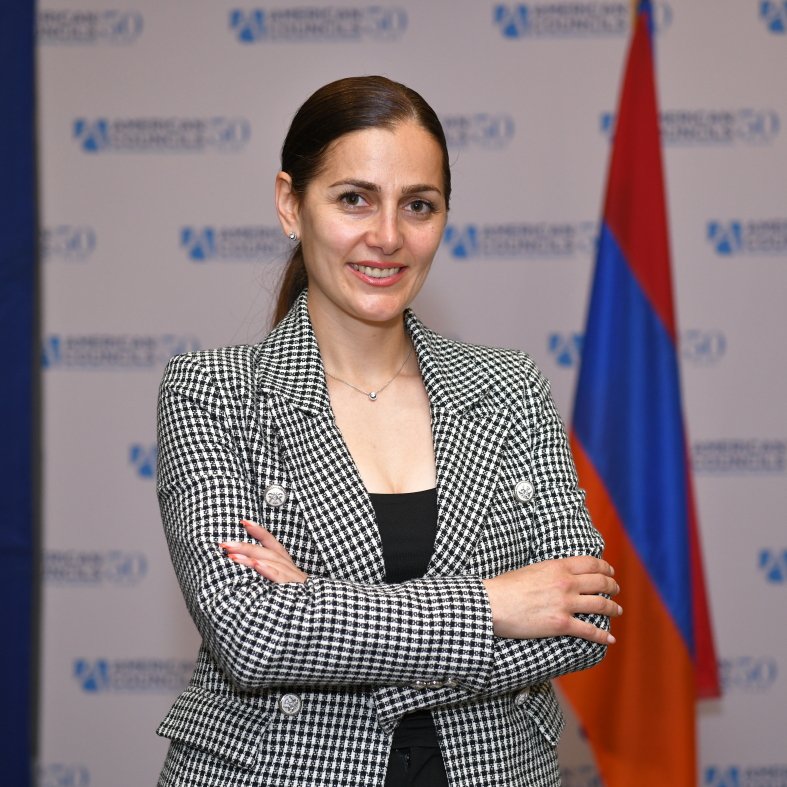
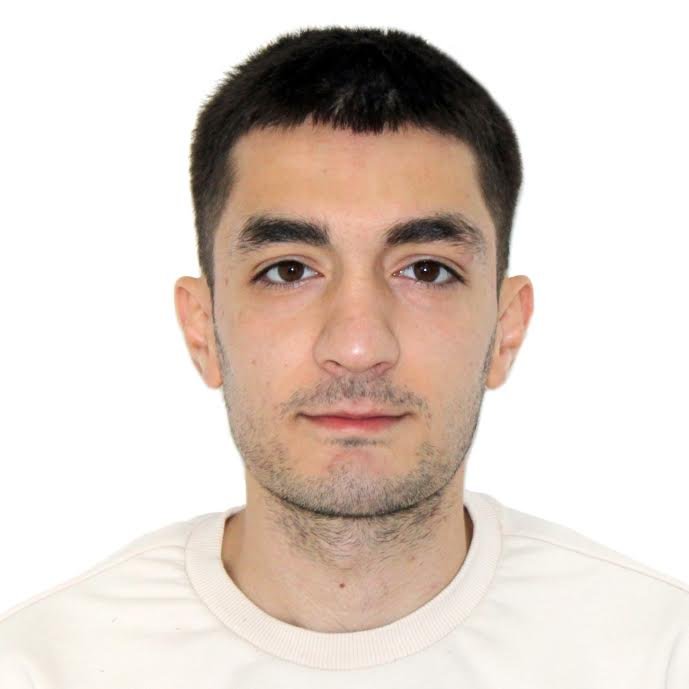
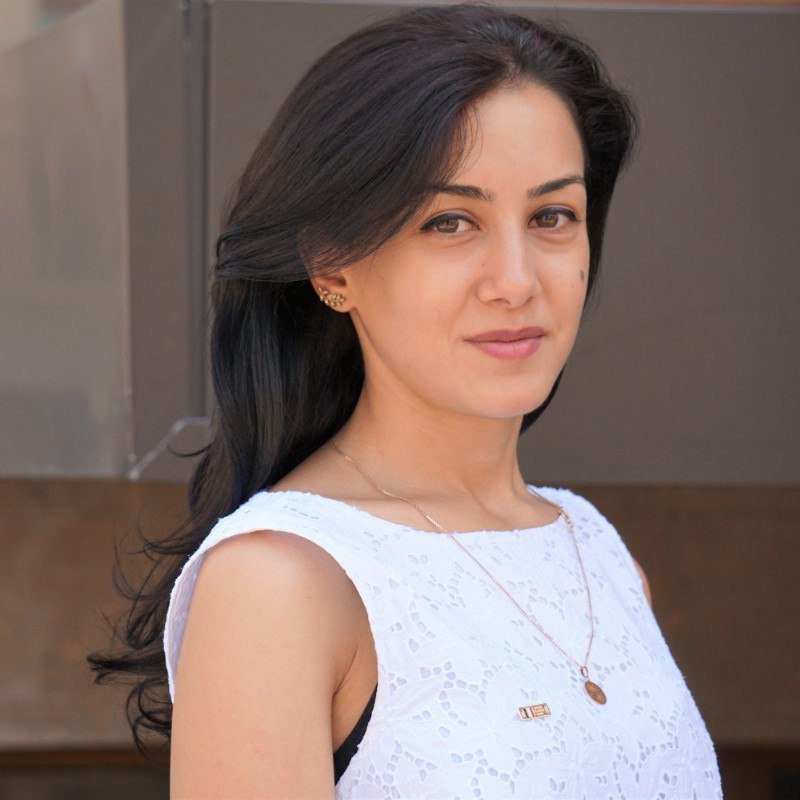
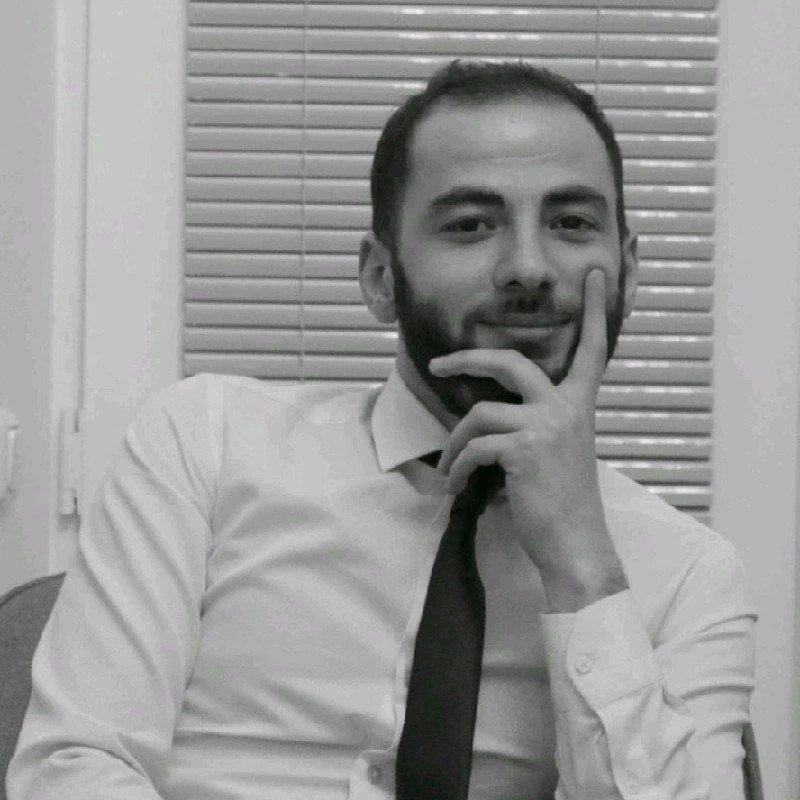

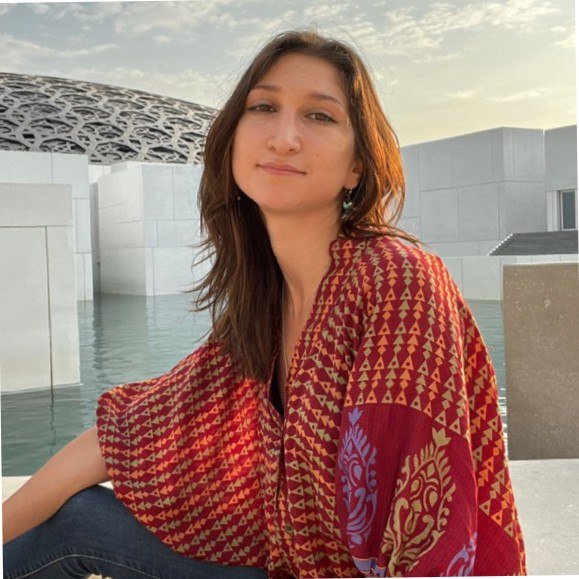
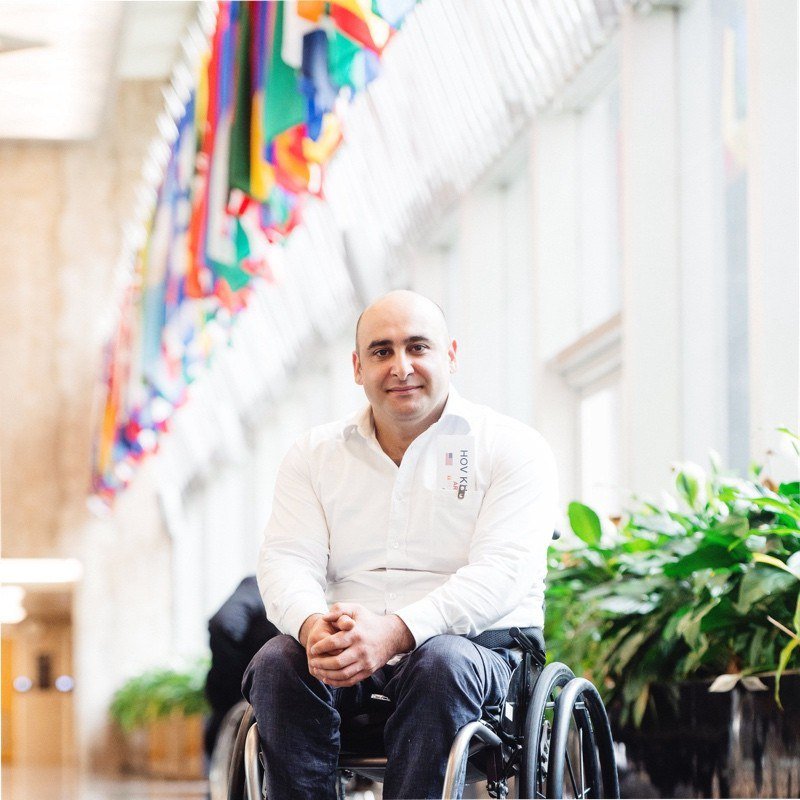
Program Contact
Anush Arsenyan
USG Alumni Coordinator
alumni.am@americancouncils.org
The Project is administered by the American Councils for International Education in Armenia and funded by the US Embassy in Armenia. The opinions, findings and conclusions or recommendations expressed herein are those of the Author(s) and do not necessarily reflect those of the Department of State.